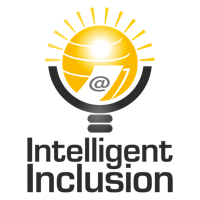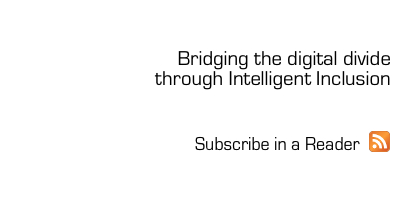Last week we witnessed the worst in mankind: terrorist attacks in Boston. A frantic search for the culprits began right after the bombings, but this time something was different, leading to a fast capture of the involved.
Search Intelligent Inclusion
-
Recent Posts
Recent Comments
- Omojuwa Omotola Oluwafemi on How can digital inclusion support the growth of a country?
- Developers for Democracy » Accessing Technology Provides Big Gains to Developing World on How can digital inclusion support the growth of a country?
- Caetano Notari on Boston bombing manhunt and privacy in a digital world – opposite ends of our reality?
- Bob G. on Boston bombing manhunt and privacy in a digital world – opposite ends of our reality?
- Boston bombing manhunt and privacy in a digital world – opposite ends of our reality? on Is privacy in a digital world a utopia?
Categories
Archives
Follow Us!
Follow Us!
Meta
Top posts
Get smart with the Thesis WordPress Theme from DIYthemes.
Copyright © 2012–2025
Intelligent Inclusion, bridging the digital divide
